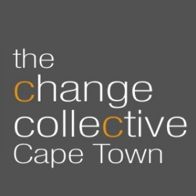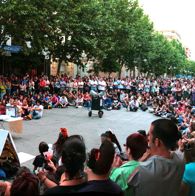Experiencing the giving field
April 15th, 2012 | Expressive Change | Warren Nilsson & Tana Paddock | No CommentsAfter a talk we gave recently, we had a brief chat with Marion Adamson, a facilitator here in Cape Town. A few days later, after having checked out the Organization Unbound website, Marian sent us the following email:
I read the blog post of the Giving Field – and immediately my son’s preschool came to mind. It’s the place I find myself being drawn to when I’m most struggling with […]
Read More












